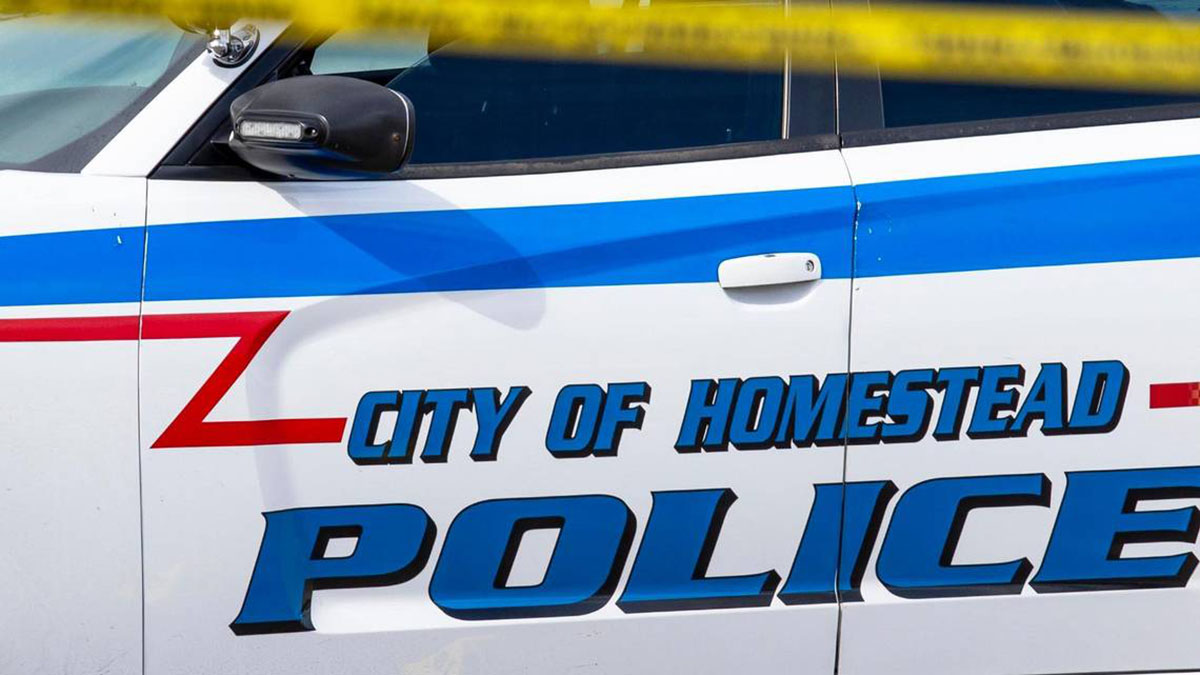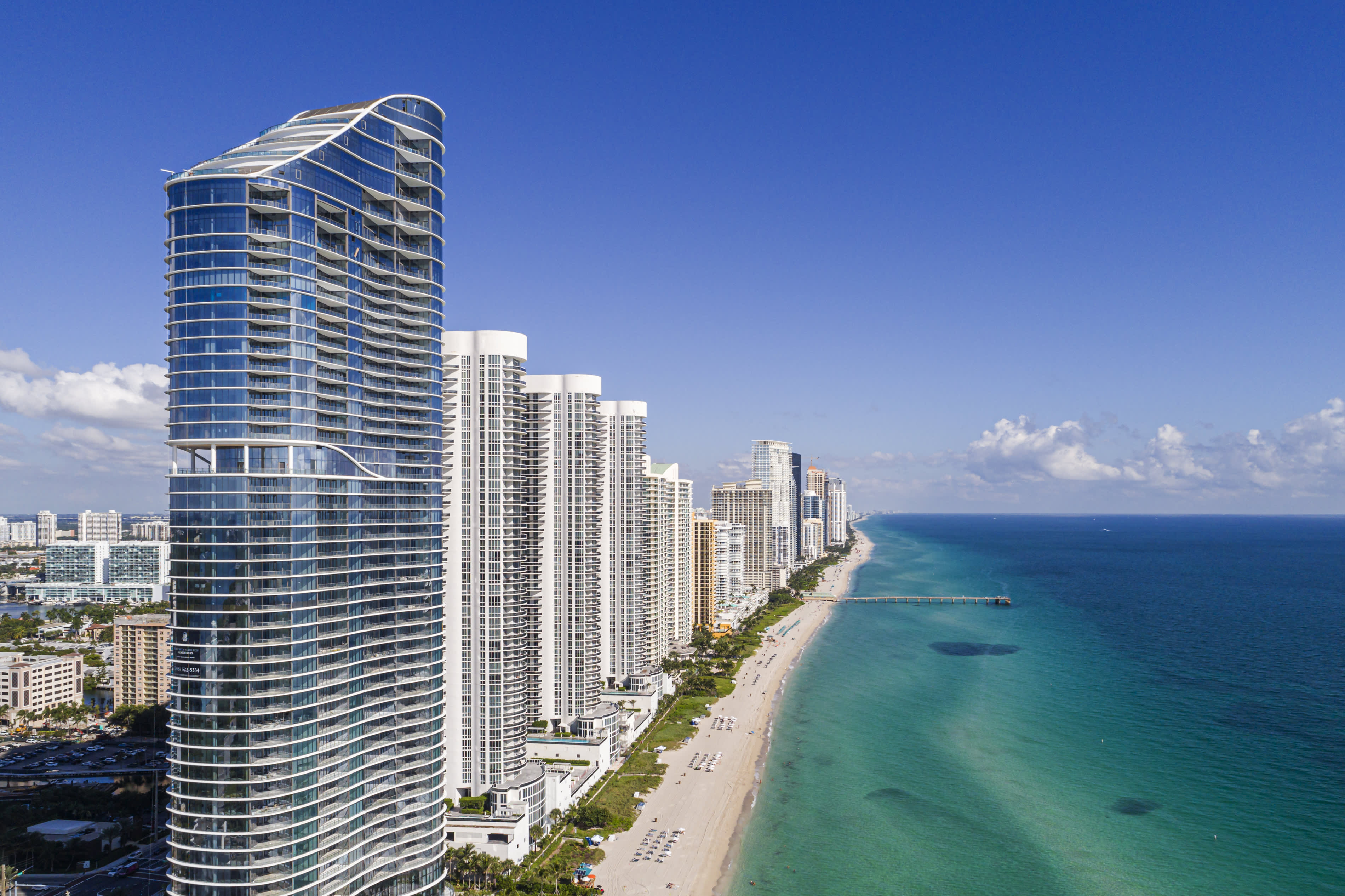The most severely wounded survivor of the 2018 mass shooting at Parkland's Marjory Stoneman Douglas High School now owns shooter Nikolas Cruz's name, and Cruz cannot give any interviews without his permission, under a settlement reached in a lawsuit.
Under his recent settlement with Anthony Borges, Cruz must also turn over any money he might receive as a beneficiary of a relative's life insurance policy, participate in any scientific studies of mass shooters and donate his body to science after his death.
Watch NBC6 free wherever you are
The agreement means that Cruz, 25, cannot benefit from or cooperate with any movies, TV shows, books or other media productions without Borges' permission. Cruz is serving consecutive life sentences at an undisclosed prison for each of the 17 murders and 17 attempted murders he committed inside a three-story classroom building on Feb. 14, 2018.
“We just wanted to shut him down so we never have to hear about him again,” Borges' attorney, Alex Arreaza, said Thursday.
Get local news you need to know to start your day with NBC 6's News Headlines newsletter.
Borges, now 21, was shot five times in the back and legs and collapsed in the middle of the third-floor hallway. Video shows that Cruz pointed his rifle at Borges as he lay on the floor, but unlike most of the other victims he walked past, did not shoot him a second time. Arreaza said he asked Cruz why he didn't shoot Borges again, but he didn't remember.
A promising soccer player before the shooting, Borges has undergone more than a dozen surgeries and still lives in pain. He received donations, a $1.25 million settlement from the Broward County school district and an undisclosed settlement from the FBI for their failures in preventing the shooting. Arreaza said it is difficult to say whether Borges has received enough money to cover his future medical expenses.
Several other families also sued Cruz, and a mini-trial had been scheduled for next month to assess damages against him. That trial has been canceled, Arreaza said. David Brill, the attorney representing the other families, did not return a phone call and two email messages seeking comment.
Local
Florida already has laws that prohibit inmates from keeping any proceeds related to their crimes, including any writings or artwork they might produce in prison. In addition, Judge Elizabeth Scherer, when she sentenced Cruz, ordered that any money placed in his prison commissary account be seized to pay restitution to the victims and their families and all court and investigation costs. In total, that would be millions of dollars.
Arreaza said he feared that without the settlement, Cruz could find a way around the law and the judge's order or assign any money he might receive to a relative or other person.
Borges, the families of those Cruz murdered and other survivors are also suing former Broward County sheriff's deputy Scot Peterson, the sheriff's office and two former school security guards, alleging they failed to protect the students and staff. No trial date has been set. Peterson was acquitted of criminal charges last year.



